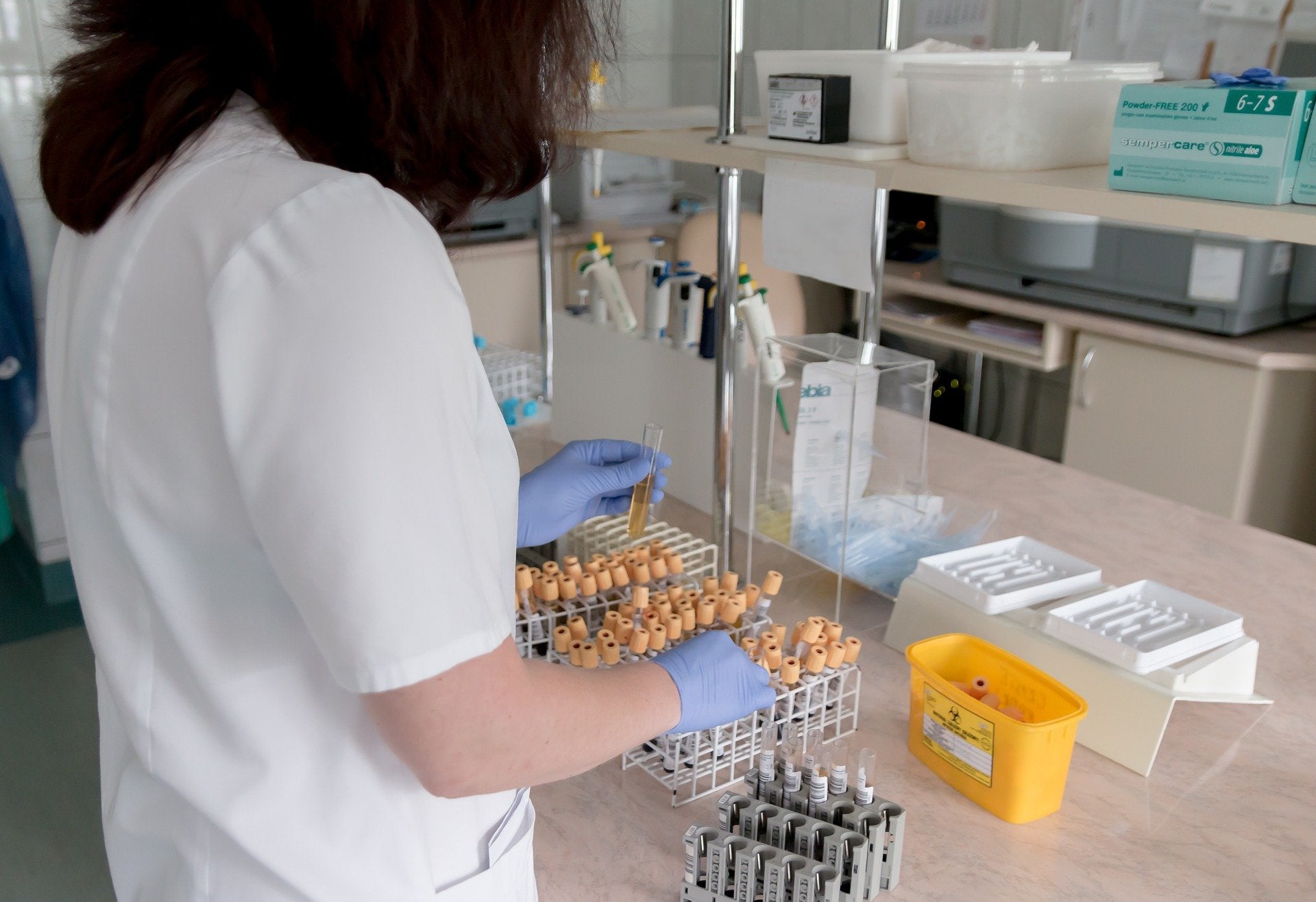
Natera has reported the latest data from the CIRCULATE trial, which expands the clinical utility of its tailored and tumour-informed molecular residual disease (MRD) assay, Signatera, in colorectal cancer (CRC).
A circulating tumour DNA (ctDNA) test, Signatera is used for monitoring of treatment and molecular residual disease (MRD) analysis in cancer-diagnosed patients.

Discover B2B Marketing That Performs
Combine business intelligence and editorial excellence to reach engaged professionals across 36 leading media platforms.
It offers each person a personalised blood test made to fit the unique signature of clonal mutations seen in that patient’s tumour.
This increases the accuracy of Signatera in identifying residual disease’s presence or absence from a blood sample, at levels of even one tumour molecule in a tube of blood.
Furthermore, the test is indicated for identifying and measuring the extent of cancer left in a patient’s body, to check for recurrence sooner and aid in enhancing treatment decisions.
Available for clinical and research use, the test obtained three breakthrough device designations from the US Food and Drug Administration (FDA) for various cancer types and indications.

US Tariffs are shifting - will you react or anticipate?
Don’t let policy changes catch you off guard. Stay proactive with real-time data and expert analysis.
By GlobalDataThe prospective, multi-centre randomised CIRCULATE-Japan trial assessed ctDNA-guided therapy strategies for stage I-IV resected CRC patients. It is considered the largest MRD-guided study in CRC so far.
The company noted that as follow-up data is available from the initial 808 subjects in the trial, it will become several times bigger than any earlier Natera MRD study in CRC and form a new benchmark for assessing the performance of the assay.
In the CIRCULATE-Japan trial, Signatera tests were used preoperatively and then serially following surgery. In 95% of stage II–III CRC subjects, preoperative MRD was identified.
Longitudinal MRD-positivity was substantially linked to inferior disease-free survival and Signatera showed a 93.1% relapse sensitivity.
Furthermore, a prospective study of seven pancreatic adenocarcinoma patients and one ampullary adenocarcinoma patient assessed use of Signatera after surgery.
Blood biomarkers carcinoembryonic antigen (CEA) and cancer antigen 19-9 (CA 19-9) and radiological imaging were also analysed.
MRD-positivity was noted to be linked to reduced recurrence-free survival while MRD findings were associated with and preceded imaging results in all patients who relapsed.
Natera medical affairs, oncology vice-president Alexey Aleshin said: “CIRCULATE-Japan is a landmark prospective trial and based on these strong interim results, we are highly optimistic they will lead to changes in practice guidelines in early-stage colorectal cancer.
“At our core, we are a data-driven company, and these data very clearly demonstrate that Signatera can be an important and accurate tool for helping patients avoid unnecessary treatment.”
The company presented the data at the 2021 European Society for Medical Oncology World Congress on Gastrointestinal Cancer held between 30 June and 3 July.





